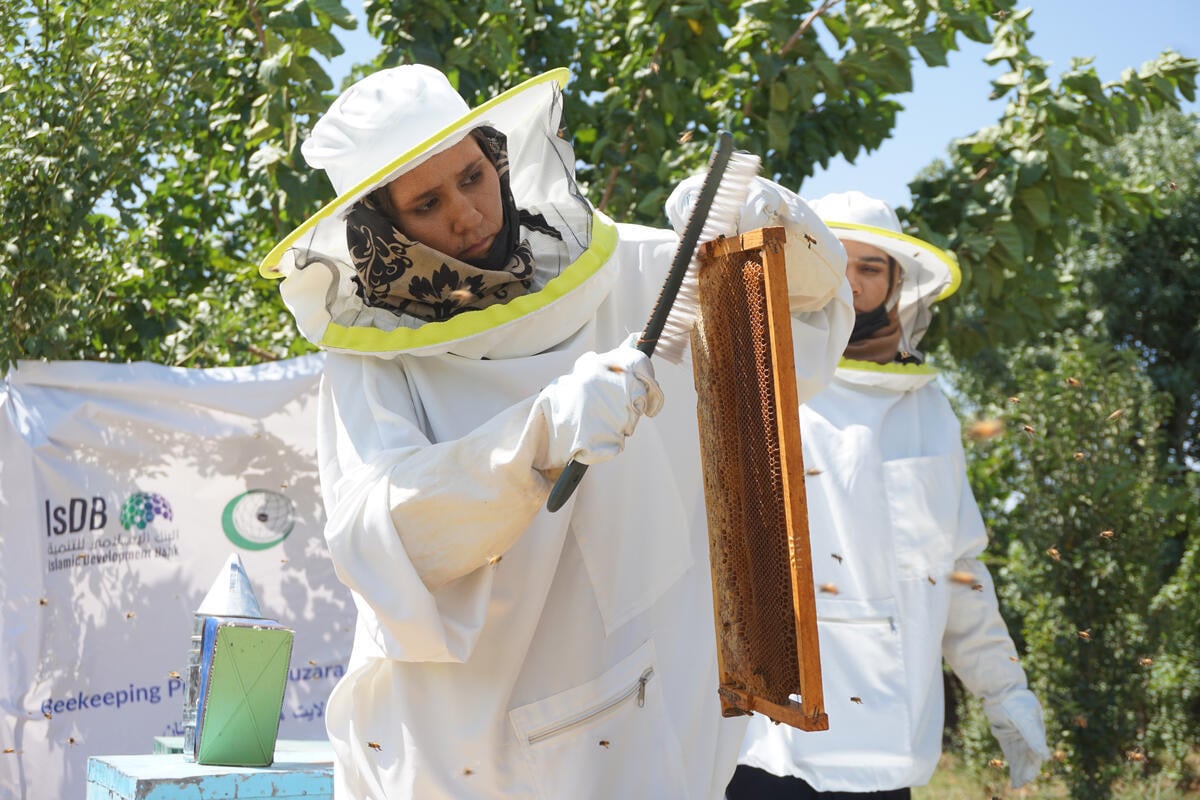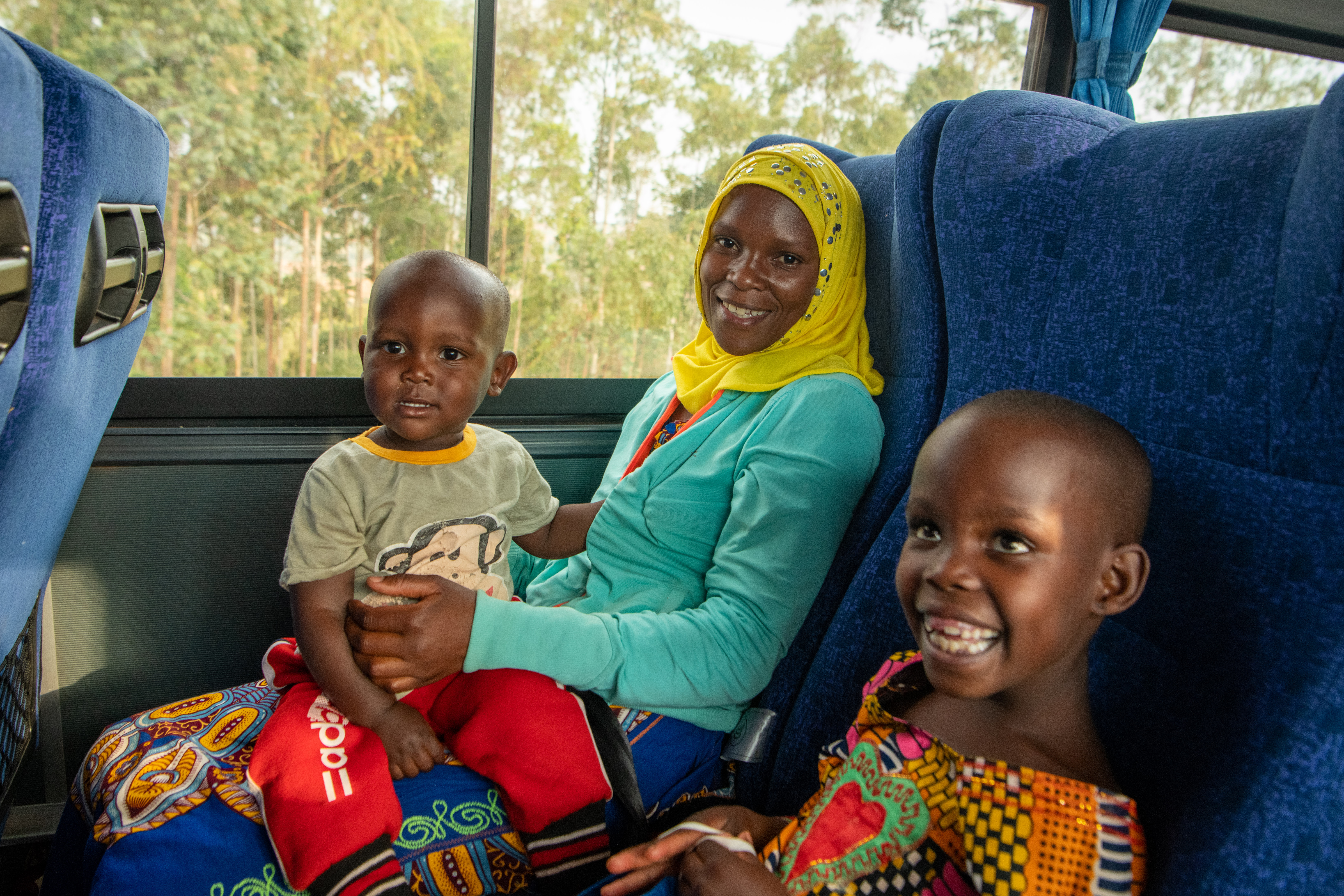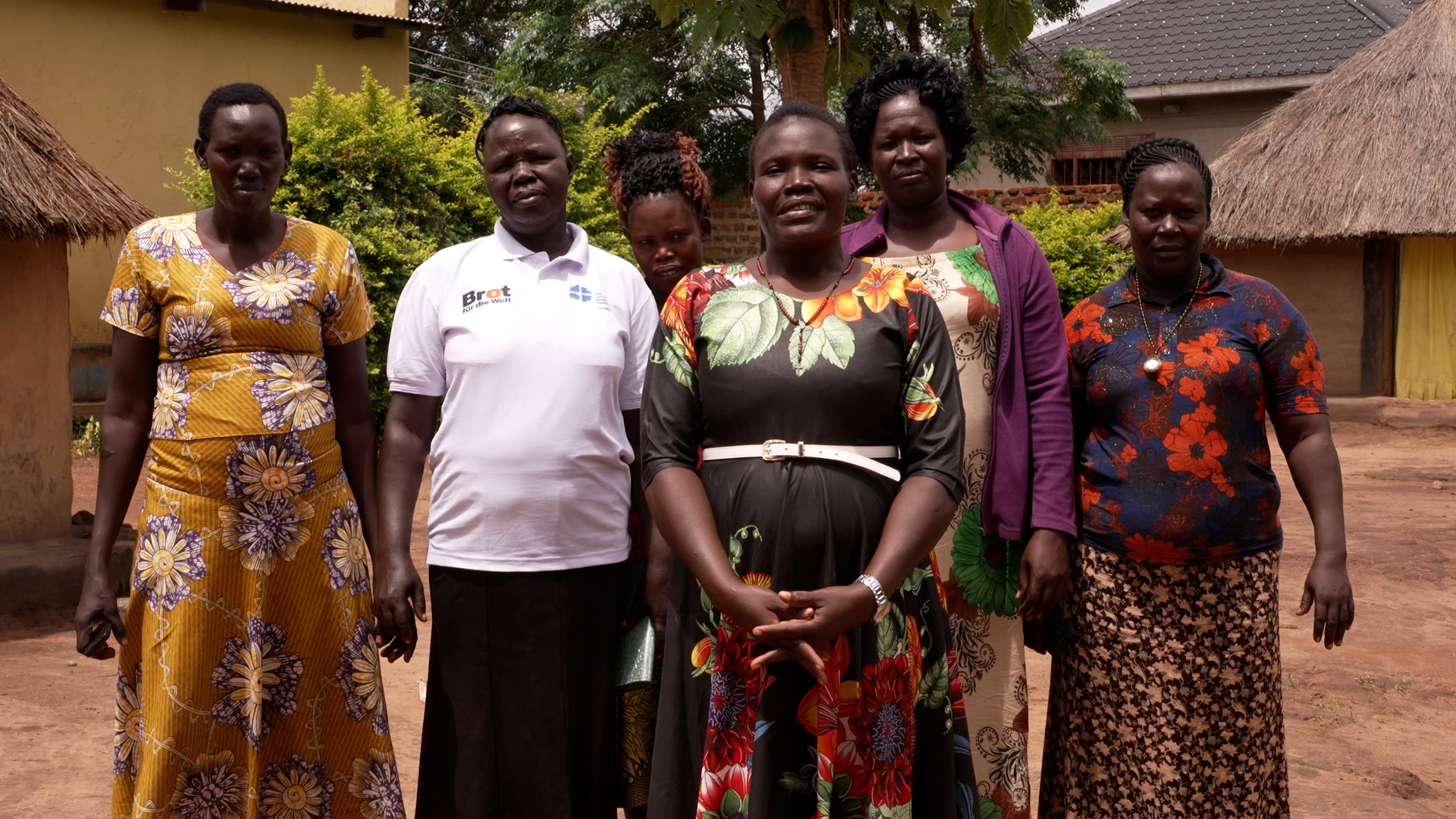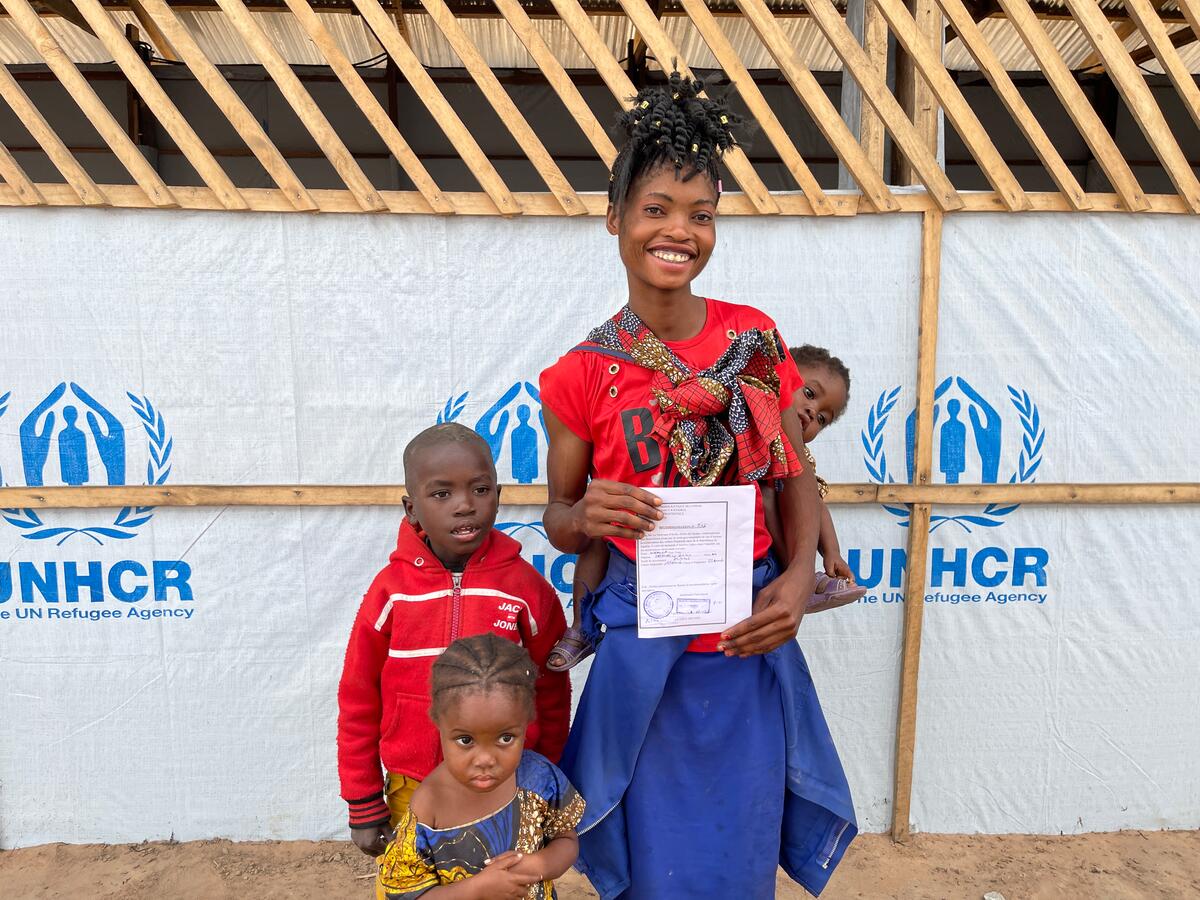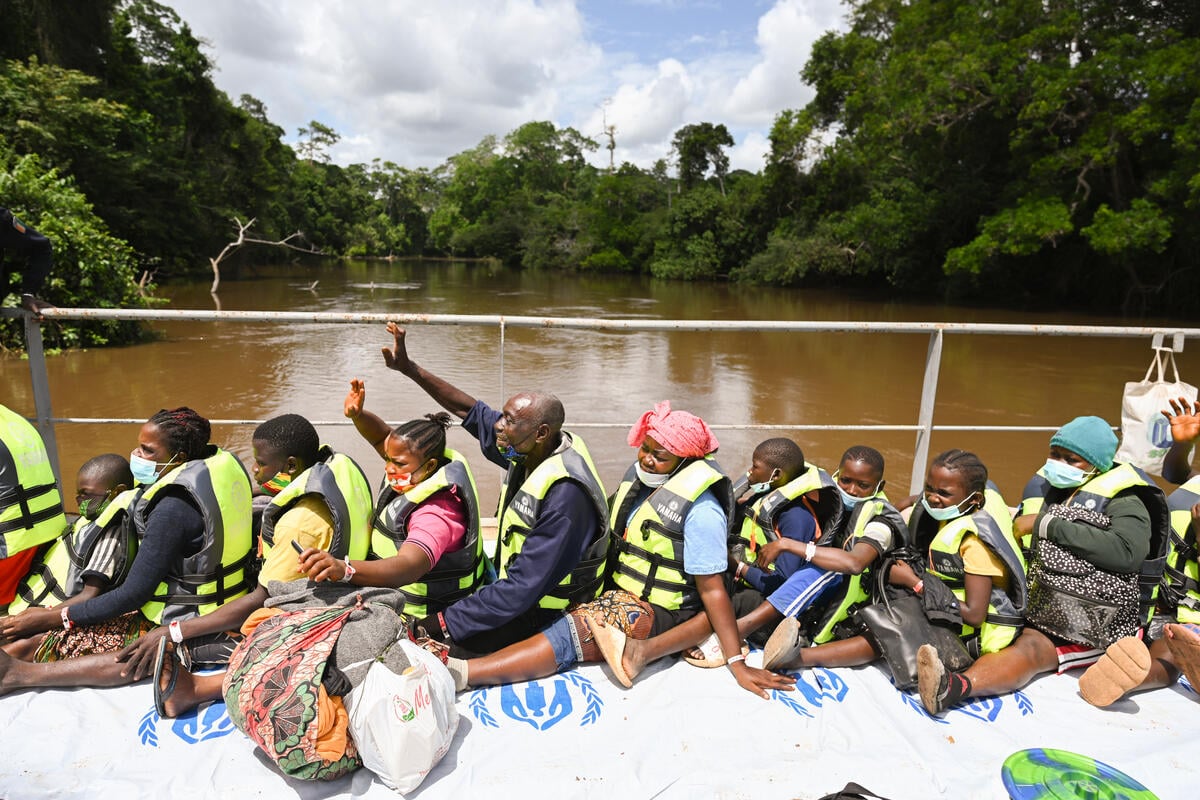For an Afghan refugee family, reports from home spur a return
For an Afghan refugee family, reports from home spur a return

QUETTA, Pakistan, January 5 (UNHCR) - Having never seen his homeland before, Anaar Gul, an Afghan refugee, has mixed feelings about leaving Pakistan where he was born and raised.
But those reservations are outweighed by the mounting anticipation he feels at seeing an ancestral village that he knows only through the stories of his elders.
The decision by the 27 year-old to return to Afghanistan with his wife, daughter and parents has not been taken lightly. Speaking to UNHCR staff at a Voluntary Repatriation Centre in Quetta, Gul explains that relatives have reassured them that the security situation and the economic prospects in the family's home village in southern Helmand province have both improved.
Gul, who has been working with his father as a daily wage labourer since the age of 15, believes that by returning home he can earn more than the 200 rupees (US$ 2) he earns on an average day in Pakistan.
"Our relatives tell us that we can earn 600 rupees (US$ 8) a day in road construction work. That is enough to enable us to spend a decent life in our own country," he said.
Since 2002, UNHCR's voluntary repatriation programme has assisted more than 3.7 million Afghan refugees to return home. In 2011, some 50,000 Afghan refugees repatriated from Pakistan, making it one of the largest return operations in the world even though the number was significantly less than 110,000 who returned in 2010.
UNHCR provided Afghans returning home in 2011 with a cash grant that, on average, amounted to US$ 150 per person. The amount represented a 50 per cent increase from previous years in recognition of the mounting costs faced by returning refugees.
Each Afghan refugee makes an informed and voluntary decision to return based on their knowledge of the situation at home. At the UNHCR Voluntary Repatriation Centres, the refugees sign a Voluntary Repatriation Form (VRF) which is a declaration of their voluntary decision to return.
Gul and his family plan to stay with relatives in Helmand while they look for work and a place to live. Around 12 percent of Afghan refugees have returned to the country's southern provinces such as Helmand, with almost 30 percent settling in the country's eastern provinces bordering Pakistan.
As a child, Gul remembers being referred to as a refugee and how that would stir feelings of isolation within him.
"With the passage of time, I mingled with the locals and now I feel that I am more like a Pakistani," he said. He then demonstrated the point by naming the president of Pakistan while admitting he could not do the same for the Afghan leader.
Gul said he will always cherish the generosity and hospitality of the people of Pakistan who extended their support to Afghans during a difficult time.
Even as he was leaving, he said, his friends and neighbours were looking out for him. "Last night they offered me some money. Today we have been getting calls from people checking to see if we are alright."
By Qaiser Khan Afridi in Quetta

